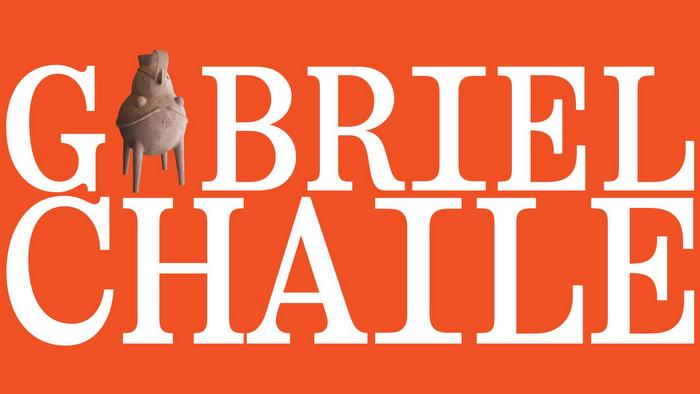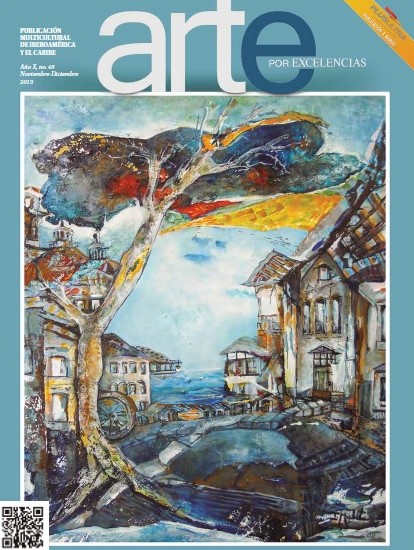Thought out by the Study Program on Latinos in the United States, Latinos in Arts and Letters International Colloquium is set to be held at Casa de las Americas.
Less than a month after Casa Tomada, a new group of eighteen guests from seven countries are going to meet at Casa de las Americas, October 15 - 17, to participate in Latinos in Arts and Letters International Colloquium.
So far, the attendance has been confirmed by North American Jose David Saldivar, Aileen El-Kadi, one of the compilers of volume Sam no es mi tío. Veinticuatro crónicas migrantes y un sueño americano; Puerto Rican analyst Frances Aparicio, who has presented several studies on the impact of Latin music in the US, and Cuban Elizabeth Cerejido, curator and photographer; Liliam Manzor and Carlos Diaz, who will establish a dialogue on the staging process of Ana en los trópicos, an artwork created by Cuban-American Nilo Cruz, 2003 Pulitzer Award.
Dr. Antonio Aja, director of the Program, affirmed that some of the guest artists combine artistic and literary creation with the academic life, so they will be sharing interesting points of view. “They are excellent professionals and creators, and they represent a segment of the Latin population in the United States”, he noted.
The event is set to be inaugurated with a photographic show, which will be displayed at this institution’s Manuel Galich Hall throughout the three days of sessions. The opening ceremony is going to promote the debate by means of panels “Latin literature in the United States: creation and editorial market”, and “Visual arts and Latin elements, so far and so close.”
“Latin sounds in the United States” is scheduled for Wednesday 16th, and publishing companies Campana, Artepoetica Press, Editorial Oriente and Casa de las Americas are also going to show their work. Furthermore, the program includes reading meetings and movie screening, both days at 5 p.m.
Finally, a tribute is going to be paid to Lourdes Casals on Thursday 17, with the participation of Cuban intellectuals Nancy Morejon, Jesus Arboleya, Milagros Martinez and Sonia Rivera Valdes. Likewise, a bibliographic exhibition on the poet is going to take place and the attendees will have the opportunity to debate on “Theater projects and processes for and by Latinos” and “Cultural interactions: where do we come from and where are we heading to?”. The closing ceremony will be held at 7 p.m. with a concert by Descemer Bueno, at Che Guevara Hall.
This new edition of the colloquium is aimed at consolidating the critic approach to social processes generated by the Latin population in the United States and mediations triggered by the progressive migratory increase. It’s just like poet and essayist Roberto Fernandez Retamar, president of Casa de las Americas, commented on the first edition of this event in 2011, “it’s nearly another country of Our America within the United States.”
On this new edition of the colloquium, Aja underlined that it comes “to give an approach from the south, from the relative origin of this population segment. Showing what unites us and the necessary social and cultural differences that enrich us.”
in an effort to stress the differences between both editions, the professor added: “We dedicated the previous event to the presence and social and cultural impact of immigrants and Latin population in the United States, by combining politic, historic and social approaches, with the cultural ones, where identity set the pace of its development. We are now dealing with the analysis of literature, creation and editorial market; the perspectives of the theater made by and for Latinos; music, the sound of Latinos in the United States; visual arts and cultural interactions, by tackling medullar questions, where do we come from?, where are we heading to?”.
Among the goals of 2013 colloquium, we can mention the continuity if the work initiated back in 2009 with the opening of the program, which Aja said that must be carried out “without any mediation, by showing and analyzing realities in order to obtain new knowledge, spread it and debate it.”
Publicaciones relacionadas

Próximamente "Margaret Whyte - Tiempo de escuchar"
Noviembre 01, 2024

















